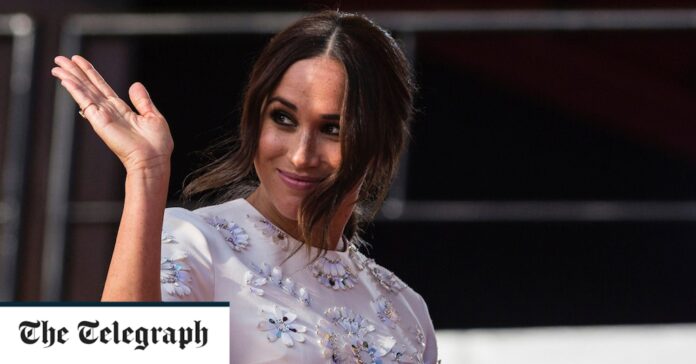To become British, you need to know far more about Britain than an actual Briton
Meghan Markle, the celebrated Californian podcaster, admits that she found revising for her UK citizenship test a struggle. “That citizenship exam is so hard,” she says. “I was studying for it and I remember going, ‘Oh my goodness.’ I would ask my husband, ‘Did you know this?’ And people went, ‘Oh, I have no idea.'”
It’s not often I get the opportunity to say this. So let the record show that I think Meghan is absolutely, unequivocally, 100 per cent spot-on. Because much of this country’s citizenship test isn’t just difficult. It’s pointless.
The test’s purpose should be to ensure that a prospective new citizen – or rather, subject – is familiar with British customs, values and culture. Such knowledge is essential to integrating into our society. Instead, however, many questions in the test are about obscure historical dates and long-forgotten political events, and require a depth of general knowledge that would stump a pub quiz team. All right, so pub quizzes are a key part of British culture. But you shouldn’t have to win one to get a passport.
In his book The Road to Little Dribbling, the American-born writer Bill Bryson lists the questions he had to answer when he sat the British citizenship test. He was expected to know what year life peerages were created (1958), the alternative name for the 1944 Education Act (the Butler Act), the number of member states in the Commonwealth (54), and who Sake Dean Mahomed was. (The answer, just in case you didn’t know: the man who introduced shampoo to Britain.)


